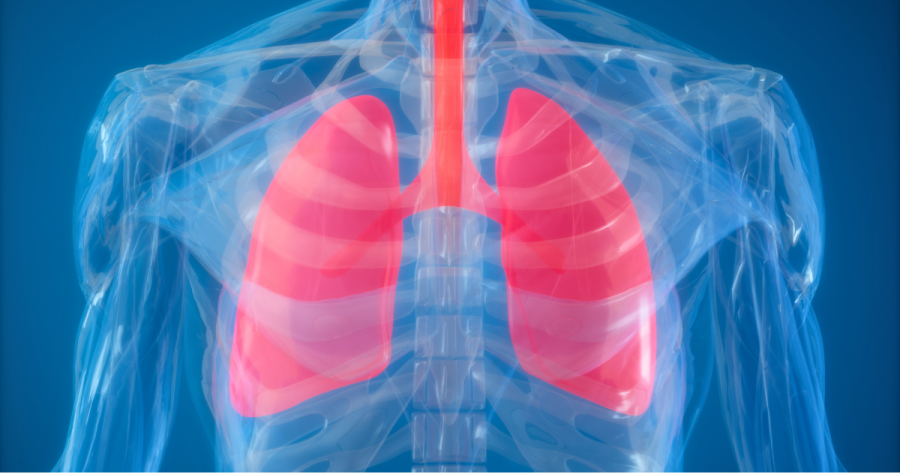The Surprising Connection Between Your Lung and Kidneys

When you think about your lungs and kidneys, they might seem like two completely unrelated organs, each with its own separate job, one for breathing and the other for filtering waste. But in Japanese Kampo, these two organs share a fascinating and deeply interconnected relationship.
Understanding this surprising link could hold the key to improving your overall well-being. Let’s dive into the unique connection between your lungs and kidneys and how they work together to support your body!
The Interconnection Between the Lungs and Kidneys
While your lungs and kidneys have distinct roles in the body, they are more interconnected than you might think. Together, they regulate water metabolism and ensure smooth respiratory function. In Japanese Kampo, there’s a saying: “The lungs govern qi, and the kidneys grasp qi.”
But What is Qi?
Qi refers to the vital energy or life force that flows through the body, sustaining all physiological functions. Qi is essential for breathing, circulation, digestion, and even the body’s ability to fight off illness. Simply put, qi is the energy that keeps you alive and thriving.
How the Lungs and Kidneys Work Together
So, what does it mean when we say, “The lungs govern qi, and the kidneys grasp qi”? Essentially, your lungs are responsible for breathing in air and generating qi, while your kidneys help “grasp” and stabilize the energy produced by the lungs.
When your kidney energy (referred to as kidney qi) is strong, the process works seamlessly. The air you inhale flows from the lungs to the kidneys, creating calm, steady, and balanced breathing. This harmony between the two organs ensures that your body functions smoothly.
But what happens when your kidney energy is weak? When the kidneys fail to “grasp” the qi, it results in symptoms such as shortness of breath, wheezing, or the sensation of not being able to take a deep breath. On the flip side, when your lungs aren’t functioning properly, they can disrupt the kidneys’ ability to regulate water metabolism. This can lead to fluid imbalances, further burdening your body and weakening its overall resilience.
This creates a vicious cycle where one organ’s weakness impacts the other, leading to more health challenges over time.
How Kidney Weakness Opens the Door to Illness
In Japanese Kampo, colds and illnesses are believed to stem from external pathogens invading the body. The body’s vital energy acts as a natural defence system, but when kidney qi is weak, this energy declines, leaving you more vulnerable to environmental changes like cold or damp weather. This is why those with weak kidney qi are more likely to experience colds, fatigue, and discomfort when seasons change.
Weak kidney qi also affects the kidney’s role in “grasping qi,” which supports the lungs in processing fresh air and expelling stale air. When this connection is disrupted, your body’s ability to fight off pathogens weakens further.
To make matters worse, kidney weakness also impacts water metabolism, often leading to a buildup of phlegm and dampness in the lungs. This not only makes it easier for external pathogens to invade but can also worsen symptoms, accelerating the progression of illness.
DTS Transform Your Health from the Root
If you constantly feel fatigued or unwell, it’s time to address the root cause. DTS, crafted in Japan, combines Panax Pseudo Ginseng and Eucommia in a unique Kampo-based formula to improve blood circulation, nourish the liver and kidneys, and strengthen immunity.
Research shows that DTS provides comprehensive protection for kidney health through its potent antioxidant and anti-inflammatory properties. It also helps enhance kidney function (eGFR), indicating that your kidneys are gradually recovering and functioning better.
Many users have reported incredible changes after taking DTS for 4 to 6 months. Common kidney-related issues such as insomnia, poor appetite, and physical weakness have significantly improved.
- * All research and clinical data should be used as reference purposes only, results may vary.




